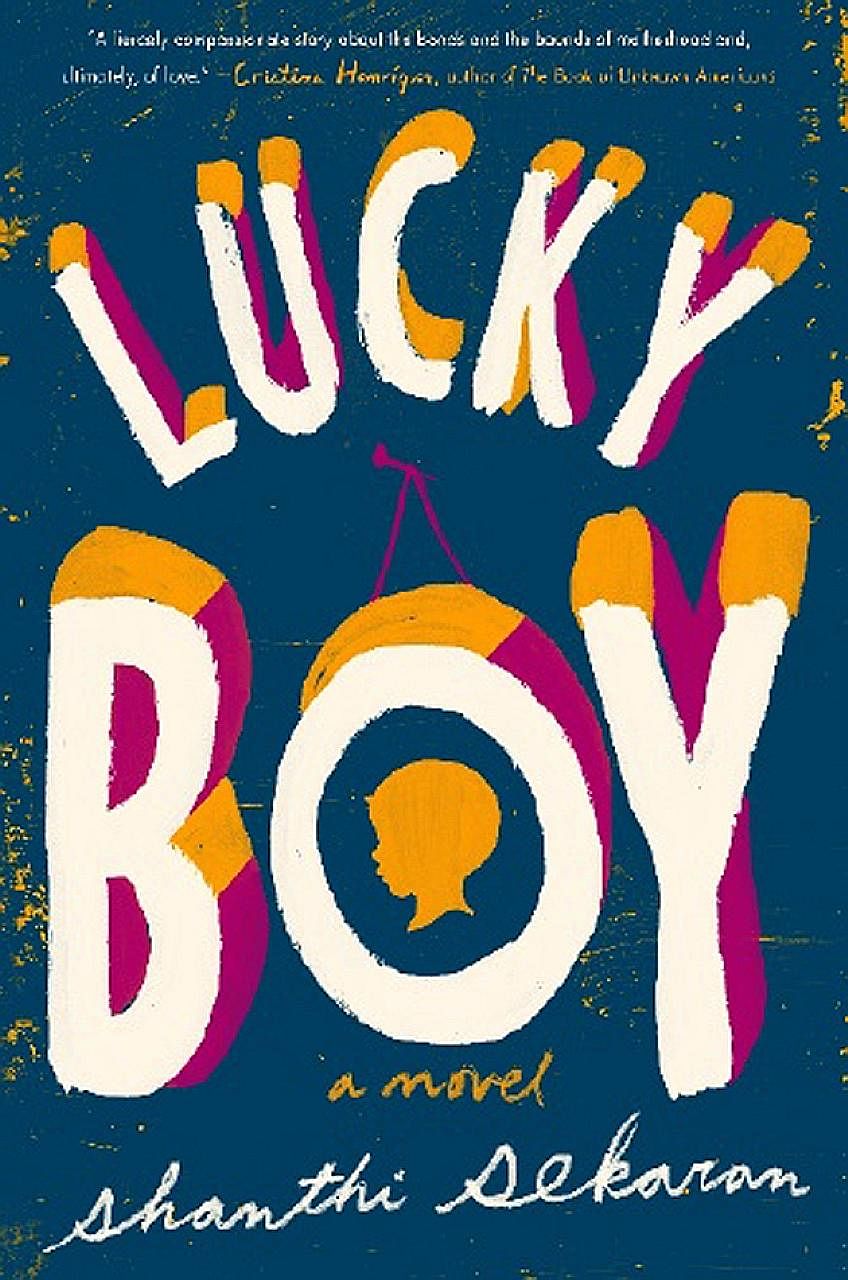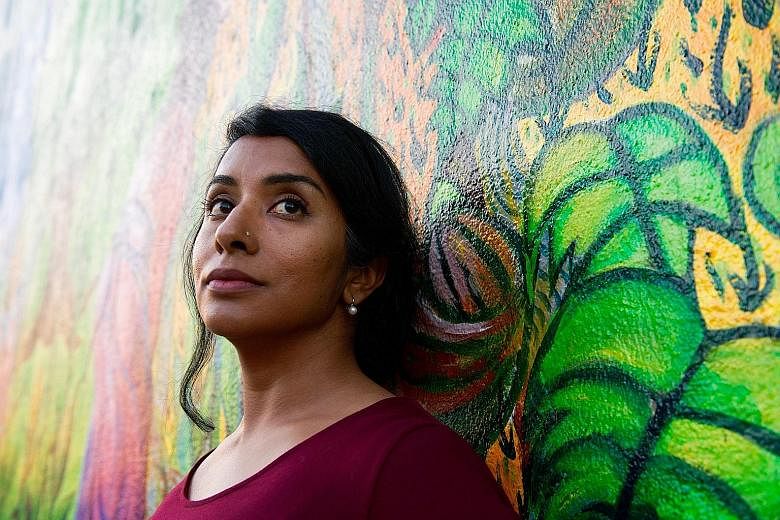Seven years ago, American writer Shanthi Sekaran heard a story on the radio that broke her heart.
The report, about an illegal immigrant to the United States who lost custody of her infant son while in jail, spurred her to put a human face to the undocumented masses that newly minted United States President Donald Trump wants to build a wall to keep out.
"The hopes, impulses, desires and fears of immigrants are universal, whether they have a visa or not," says the 39-year-old over the telephone from Berkeley, California, where she is a senior adjunct professor at the California College of the Arts.
"They all want opportunities, safety and a better life for their children. It's a matter of paperwork."
The story Sekaran heard was that of Guatemalan immigrant Encarnacion Bail Romero, who was jailed after a raid on the Missouri poultry processing plant where she worked.

Her six-month-old son was put into the foster care system and eventually adopted by an American couple, the Mosers.
After her release, Ms Romero took the Mosers to court in an effort to get her son, by then aged five, back, but the Missouri Supreme Court ruled in the Mosers' favour in 2012.
Sekaran, the daughter of Indian immigrants, is careful to take no sides in Lucky Boy, her second novel, which gives equal prominence to the stories of two women fighting over one little boy.
The boy's mother, Solimar Castro Valdez, is a Mexican teenager who attempts the perilous trip across the border and arrives pregnant on her cousin's doorstep in Berkeley.
All goes well at first for Soli, who gets a cleaning job with a wealthy family. But a twist of fate lands her in a detention centre and her son Ignacio in the foster care of Indian-American chef Kavya Reddy, who is unable to have children of her own.
Kavya falls in love with Ignacio and decides to adopt him, even as Soli fights tooth and nail to get back to his side.
Sekaran did extensive research on undocumented immigrants for her book - from the freight trains they use to cross the desert to the abuse of power inside detention centres.
She spoke to immigration attorneys, policy researchers, psychologists who worked with undocumented immigrants and foster parents.
She spent two weeks in a small town in Oaxaca, Mexico, trying to get a feel for the environment Soli grew up in and hearing the stories of those who had crossed the border.
"Women get raped when they're making this journey," she says. "People get kidnapped and held for ransom. All kinds of things happen to these immigrants. They are physically vulnerable."
She struggled at first with writing from Soli's perspective, but the experience of being a mother helped her bridge that gap.
"That connection of motherhood was how I could understand Soli and what she wanted," she says.
For Soli's love-dazed descriptions of newborn Ignacio, she drew on journal entries she had written after the births of her own sons, now aged 31/2 and eight.
It was easier for her to relate to Kavya.
Her parents, both doctors, emigrated from India to the US in the 1960s and she identifies with being a "so-called American" in a society where, even within her own family, "American" is shorthand for "white".
"I want to show how the American dream plays out on a stage where the principal actors aren't your typical white Americans," she says. "The face of America is changing and the colour of America is certainly changing statistically."
Her ideal reader, she says, is "someone who thinks they have the whole immigration problem all figured out. I want these people to read my book and see it's not so simple".
Lucky Boy was released just before the inauguration of Mr Trump on Jan 20, who five days later signed an executive order for the construction of a Mexican border wall and plans to publish a weekly list of crimes committed by immigrants.
Sekaran says: "Everything that I've heard from the Trump administration has significantly disrespected the work of so many Americans, who have devoted their lives to the idea that immigrants, documented or undocumented, are deserving of fair treatment.
"I feel the American citizen now has a new job, which is to be aware of our government and what they're doing policy-wise. This is not an era in our history where we can relax."
•Lucky Boy ($29.91) is available at Books Kinokuniya.


